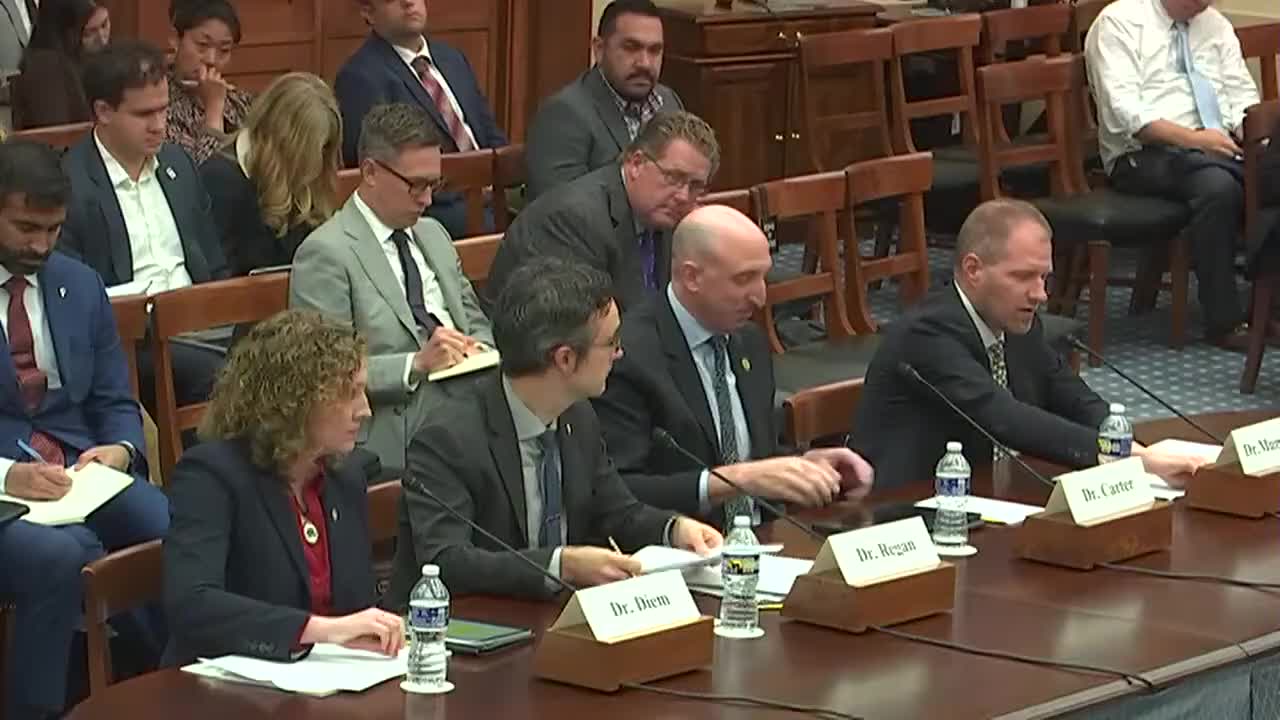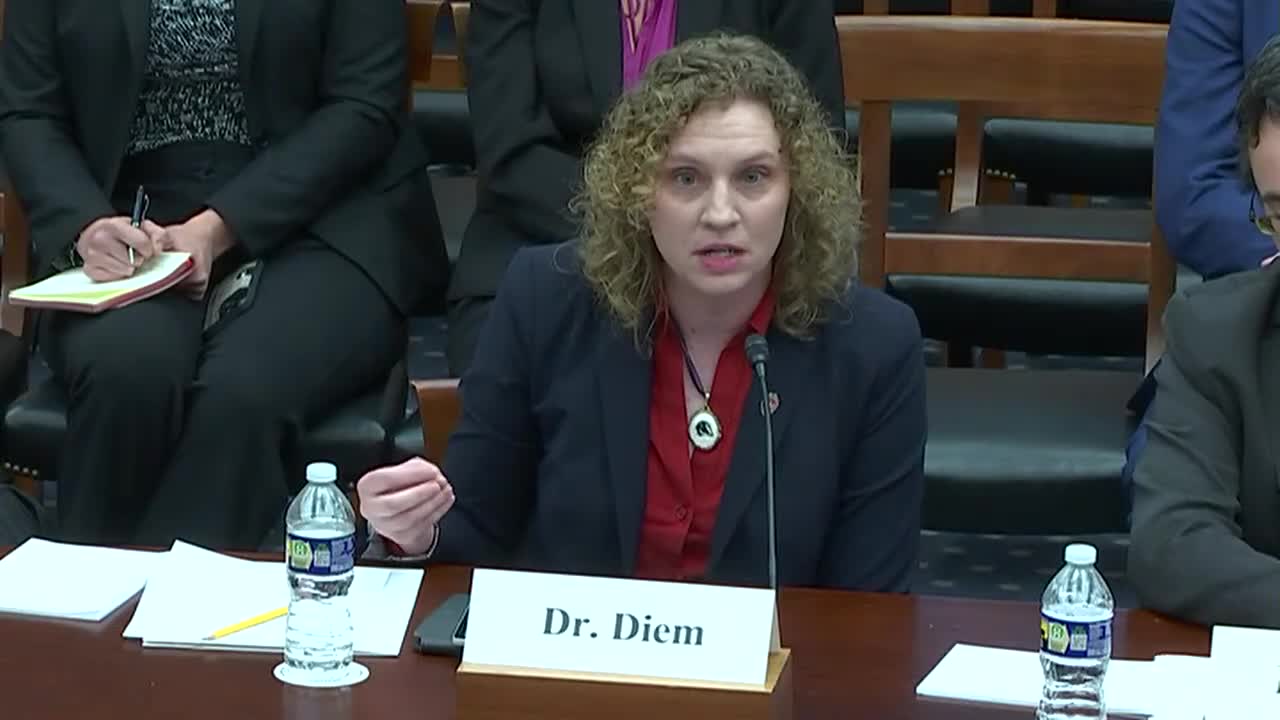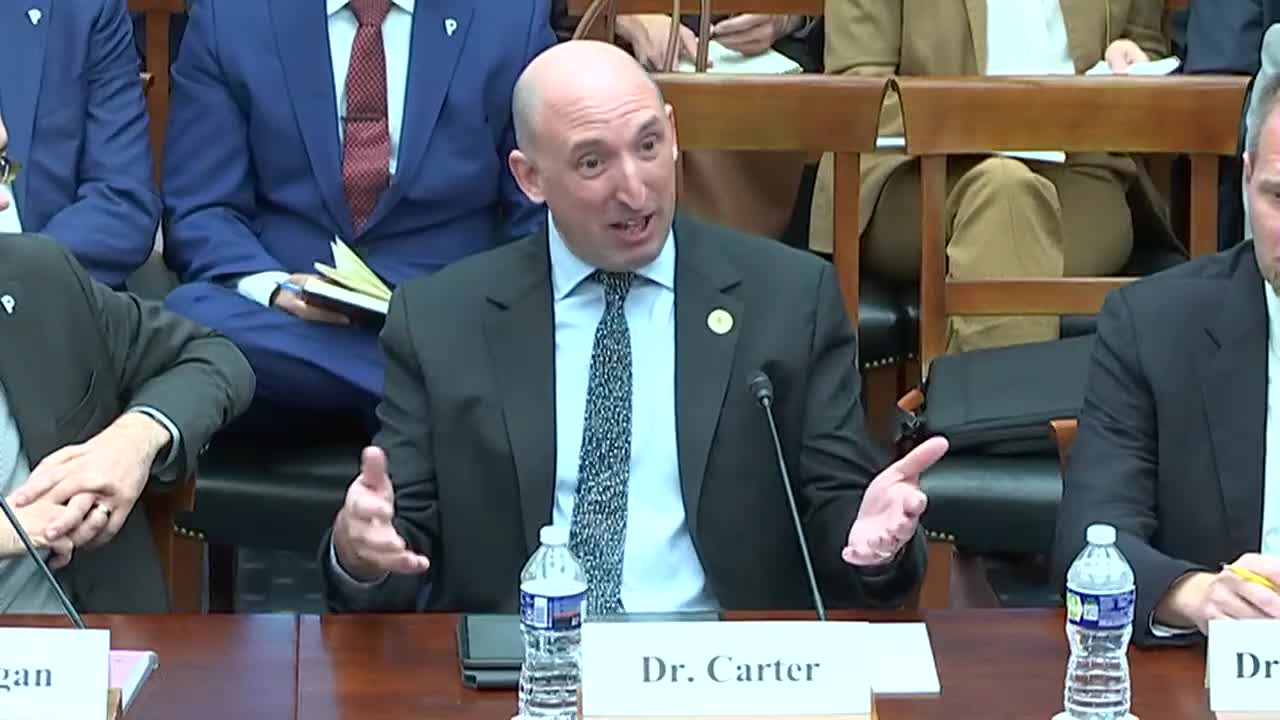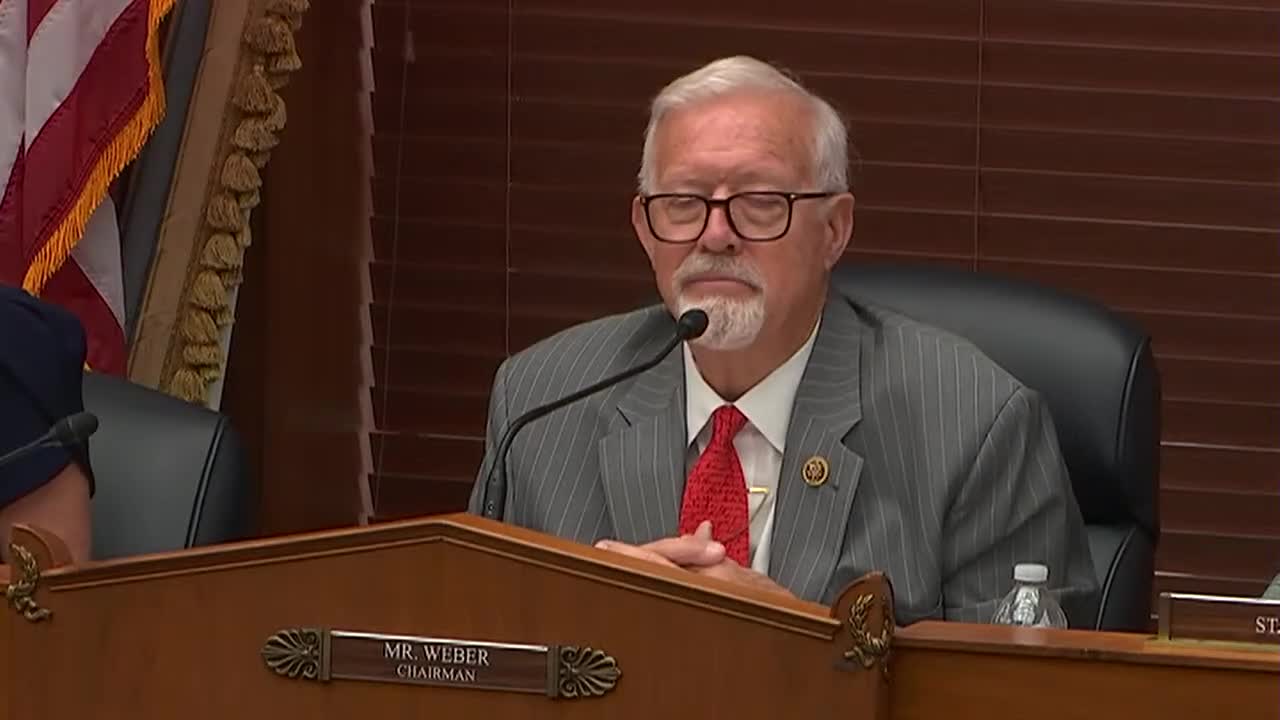Article not found
This article is no longer available. But don't worry—we've gathered other articles that discuss the same topic.

Panel details tritium safety practices and says public engagement is key to siting fusion facilities

Witnesses press for apprenticeships, community college partnerships and regional fusion hubs

Witnesses press for new materials and test facilities to derisk path to fusion pilot plants

